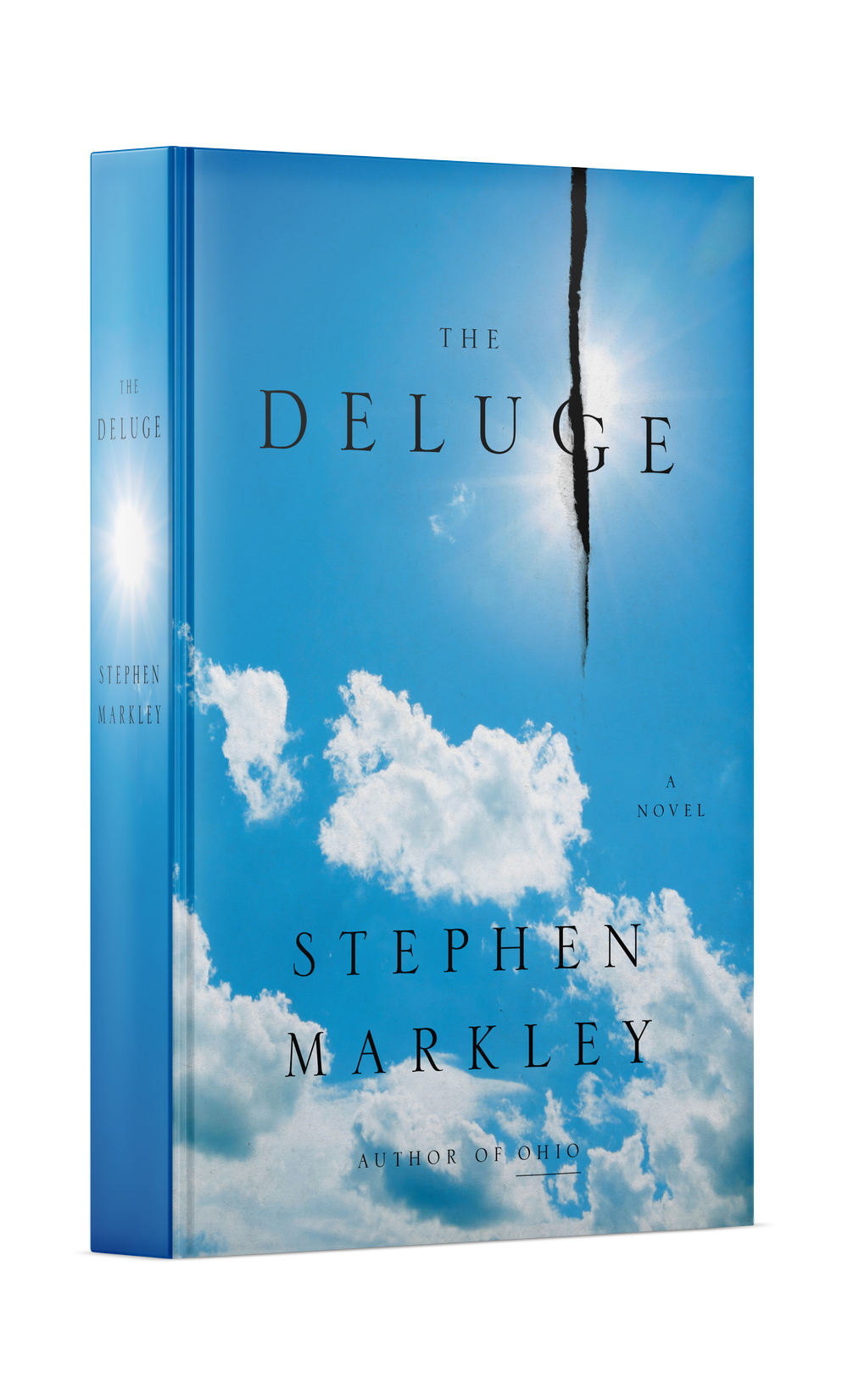The Deluge
"The Deluge" follows a group of radicalized scientists and activists from the early 2000s to 2040, set in a somewhat realistic and nuanced dystopian world that has been devastated by rising CO2 levels.

Always on the lookout for new books, I came across "The Deluge" by Stephen Markley after seeing a tweet from Stephen King recommending it. I was intrigued and decided to give it a try. Little did I know what was in store for me as I dove into this 900-page tome.
The best novel I read in 2022 was THE DELUGE, by Stephen Markley. It will be published on January 10 of this year. This is what the world is going to look like in the next 10 years, if changes aren't made. More terrifying than THE STAND. Because it's real.
— Stephen King (@StephenKing) January 1, 2023
In "The Deluge," Markley follows a group of radicalized scientists and activists from the early 2000s through 2040. The novel is set in a "somewhat" realistic and extremely nuanced dystopia; the landscape is grim (and the author titters on being misogynistic). Markley doesn't spare any words when building the world he envisions because of rising CO2 levels and the threat a rising climate has on our shared home and humanity. He picks an interesting cast of characters to narrate his vision.
The cast that Markley assembles is diverse and complex, and some of them are even lovable as they try to navigate a world that's on the brink of ecological disaster and collapse. The siren call kicks off from Tony Pietrus, a scientist who has written "the book" about what's coming and what has to happen to stop the tidal wave of disaster. Kate Morris is an activist with undeniable charm and political savvy, around whom the story seems to unfold. Ashir al-Hasan, a genius in predictive analytics from Ann Arbor. The Pastor, a once-famous actor turned ultra-right-wing zealot. Jackie, an advertising executive, crafts the marketing strategy that guts the climate legislation Kate had fought so hard to implement. Keeper, a recovering drug addict in rural Ohio who becomes an unwitting pawn in this climate war, and finally, Shane, the enigmatic leader of a hardcore eco-terror outfit called 6Degrees.
The real protagonist of the book, however, is the planet and its weather, which Markley vividly depicts with extreme weather events such as unprecedented snow storms, atmospheric river flooding, monstrous hurricanes, fires, and sea level inundations. The story moves between different characters and their stories against the backdrop of an unraveling country with a divided political environment, a tanking economy, food and power shortages, and increasingly violent militias.
Something that stayed with me as I read the book was this question: "Can fiction better express and illuminate what our white papers and economic models cannot?" Through the extreme weather events and the struggles of his characters, Markley invites us to consider what will happen to our civilization in crisis and highlights the dangers of our own indifference and negligence in the face of climate change. While some people display daring and bravery in these times of crisis, others give in to their baser selves. Markley shows what we are already seeing: the viability of our democratic republic wasn't built to handle these kinds of situations and pressure.
While the length and structure of the book may be a challenge, the character development pays off in the end, and you may find yourself connecting with and even caring about the characters. The world Markley creates is terrifying, but he still holds onto a shred of optimism, which is where we should be - clear-eyed and optimistic. "The Deluge" is a serious reminder of the need to take action to combat climate change and ensure a better future for our children and grandchildren.